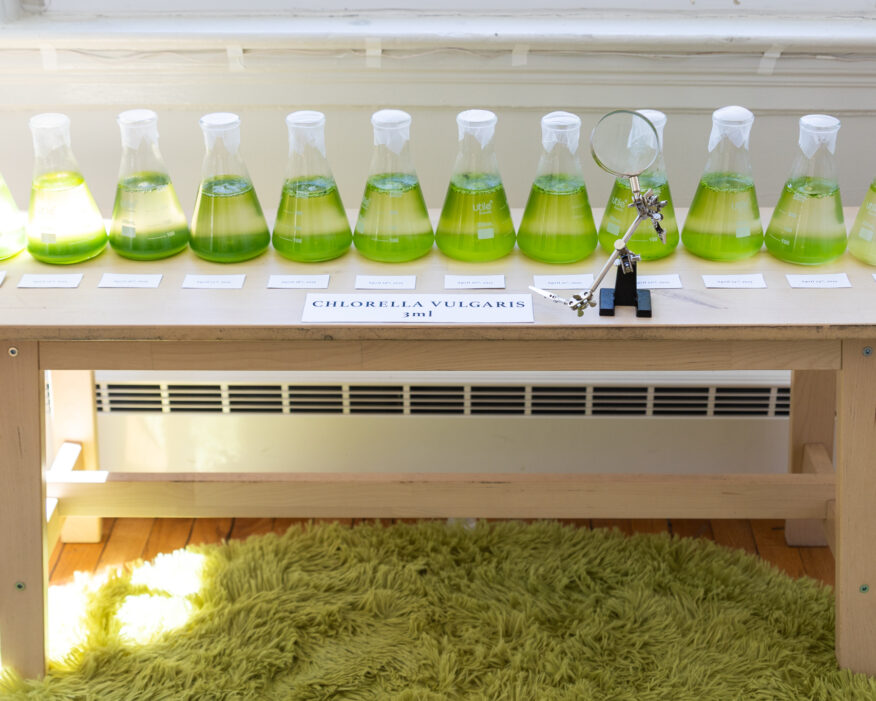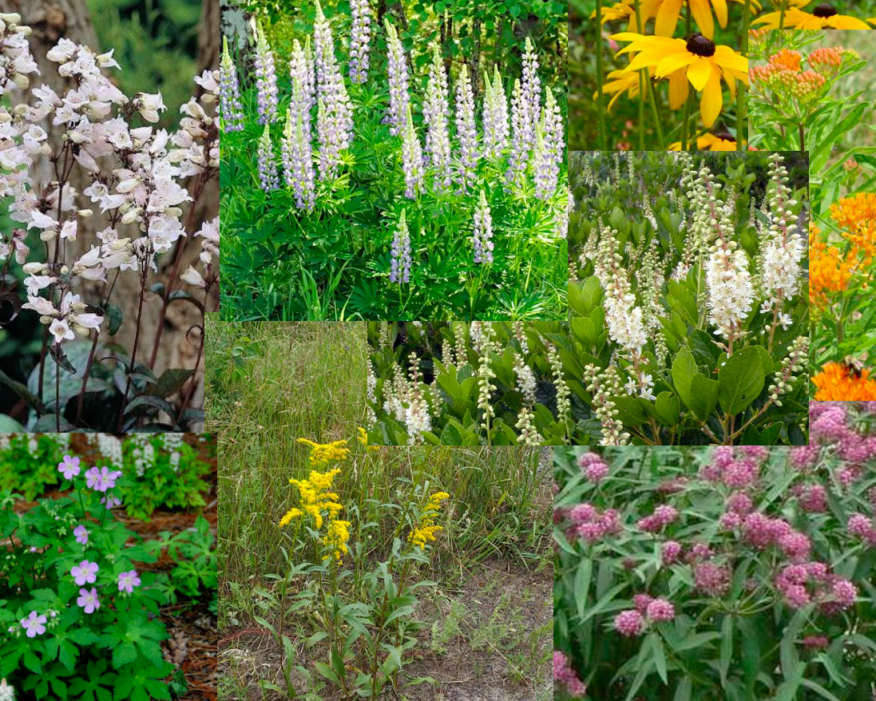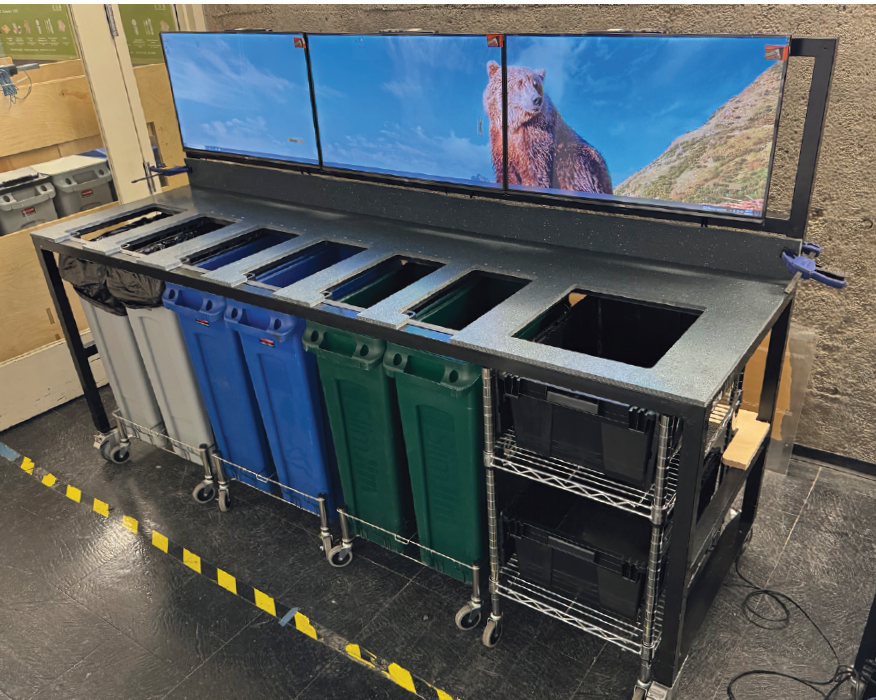Student Grants
Funding creative projects that contribute to Harvard’s commitment to climate and health and help create a more sustainable community.
The Harvard Office for Sustainability founded the Student Grant program in 2010 to provide students with seed funding to support new ideas and innovative projects that address global sustainability challenges with on-campus applications.
The Program funds projects that are specifically aligned with the goals, standards, and commitments in Harvard’s Sustainability Action Plan. Special consideration is given to projects that address climate change and enhance human well-being.
Review the Student Grant eligibility and application checklist.
Apply for a Student Grant
- Applications are now closed for the 2025-2026 academic year.
- If you are interested in applying but have questions, or would like to discuss a potential project idea, please email rachel_martinez@harvard.edu to set up a quick consulting session.
Spotlight Projects:
AlgaMatrix: The Future of Homes
AlgaMatrix is an interdisciplinary research project focused on integrating living microalgae into an inflated modular system to create an accessible, low-cost indoor bioreactor. This innovative air purifier system captures CO2 and other pollutants, enhancing the productivity of carbon sequestration while producing oxygen and other vital organic compounds. In addition to building a bioreactor prototype, the students hosted an exhibition at the Harvard Graduate School of Design that explored how algae, sensors, and responsive systems can shape more sustainable and adaptive domestic environments.

Harvard Micro-Prairie Project
“The Harvard Micro-Prairie Project” is an urban landscaping initiative for the protection and preservation of pollinators. After identifying underused, deteriorating, and under-accessed ground spaces around the Harvard campus, we will convert them into monitored micro-prairies featuring a variety of native pollinator-friendly plants, blooming from spring through fall. While minimizing labor costs as well as reducing equipment emissions and water usage, this project targets the damaging effects of grass-centric monoculture landscaping on pollinator species and on the health of our local soil. This project is a collaboration with HDS Holy Bees, HDS Garden Club, the GSBees, HDS Animism Reading Group, and other student-led organizations.

Food 4 Thought Festival
The Food 4 Thought Festival unites students, academics and industry experts from around the world to reimagine the food system. The festival equips over 500 students with the tools, networks, and opportunities to drive systemic change through high-impact programs such as the Consulting, Tech, and Finance Challenges, the Research Incubator, and the Career Fair. These programs create tangible outcomes—new financial mechanisms, funded research, job placements, and scalable solutions—while workshops and panels build a dynamic ecosystem that inspires collaboration, amplifies diverse voices, and accelerates the global talent pipeline for Next Gen Food Systems.

GSD Zero Waste Project
The GSD Zero Waste Project is a pilot program designed to challenge wasteful practices in design schools through infrastructure and behavioral changes. The pilot program first created consolidated waste zones throughout the GSD. Before this initiative, there were over 300 waste bins throughout Gund Hall and a waste diversion rate of ~10%. The project eliminated over half of the freestanding waste bins in Gund Hall, reducing cleaning routes by up to an hour per floor, and improving waste diversion rates by 390%.
The Zero Waste Project then launched a dynamic, custom-designed zero waste station featuring real-time digital signage and AI-assisted material identification. This innovative waste zone supports education and improves waste diversion, particularly for challenging streams like organics and compostable single-serve products.
The project’s goal is to advance the GSD’s waste diversion rates, with a particular focus on reducing contamination of recoverable materials, in support of Harvard’s broader zero-waste goals.

Questions about Student Grants? Email rachel_martinez@harvard.edu